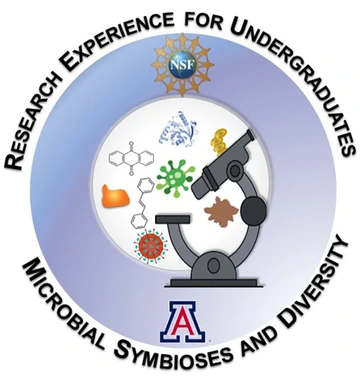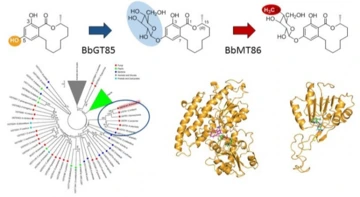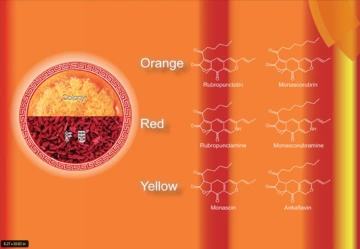Microbial Symbioses and Diversity Research Experience for Undergraduates (REU)
Summer 2023 Program Unavailable
We are now accepting applications for the summer 2022 NSF REU program in Microbial Symbioses and Diversity at the University of Arizona. The application deadline is March 28th. This Program focuses on more than 20 faculty participants from the College of Agriculture, Life and Environmental Sciences and College of Science inspire students by creating an atmosphere of excitement and creativity dedicated to the study of microbial biodiversity and symbiosis in plants, animals, as well as their role in ecosystem function. Each REU participant will work directly with participating faculty members and their research groups. Summer 2022 participants are listed below. Please direct questions to the Program Coordinator Allison Sullivan at allisonsullivan@email.arizona.edu
E. Arnold
J. Blakinship
K. Cooper
A. Dhar
F. Duca
M. Tfaily
I. Molnar
S. Ravishankar
P. Stock
G. Vedantam
K. Vandoorsaler

Program Overview

The study of “host–microbe ecosystems” has become a fast-growing discipline in modern biology that highlights the reliance that exists between multicellular organisms and their associated microbes. Moreover, diverse ongoing microbiome projects, including the Human Microbiome, provide new research opportunities to expand our knowledge on the vital roles that microorganisms play not only in human health but in other organisms as well.

Microbes have also been recognized as key players in the bio-geochemistry that runs our planet, being therefore central to human endeavors, from food to health to industry. Yet, much needs to be investigated about the great diversity of microbes, as well as their complex relations with each other, their hosts and the environment. As the world faces global change and resource limitation, understanding the planet’s microbes will become a necessity. Moreover, many future advances in medicine, agriculture, and industry will come from investigating interactions of beneficial microbes with their hosts. In this respect, it is imperative that a new generation of scientists is trained with a multi-disciplinary perspective to recognize the supremacy of the relationships between microbes and other organisms, not only for the health of individuals but also for the environments in which they live.
The site for this program will be hosted by the College of Agriculture, Life and Environmental Sciences (CALES) at the University of Arizona (UA), where more than twenty laboratories from diverse departments and research units are dedicated to the study of microbial biodiversity and symbiosis in plants, animals, as well as their role in ecosystem function.
The specific goals of this intensive program are:
1) To foster an appreciation of microbial diversity and microbial interactions with other organisms and the environment;
2) To develop research skills and independent thinking;
3) To increase student success and networking to pursue graduate studies.
Program Facts
The Microbial Symbioses and Diversity Research Experience for Undergraduates (REU) will host a 10-week summer program from May 31 to August 6, 2022 and will recruit 10 undergraduates per year. This program will allow undergraduate students from 2-year colleges to participate in active and cutting-edge research in a wide range of disciplines, including microbial biodiversity, plant/animal microbe interactions, environmental microbiology, plant pathology, entomology, microbial bioprospecting, microbial evolution, genetics, genomics and bioinformatics.
Stipend, Housing and Travel
Participants are provided:
- $5,400 stipend meal plan
- Housing on campus
- Round trip transportation to Tucson (up to $ 500)
Qualifications
The program seeks to recruit undergraduate students from 2-year Colleges who are members of underrepresented groups in STEM fields. Participants must be U.S. citizens or permanent residents enrolled in an accredited institution.
Candidates should have a strong academic record. We especially encourage applications from first generation students, veterans, students from historically underrepresented groups, as well as students from community colleges and other institutions that do not traditionally offer research opportunities.

